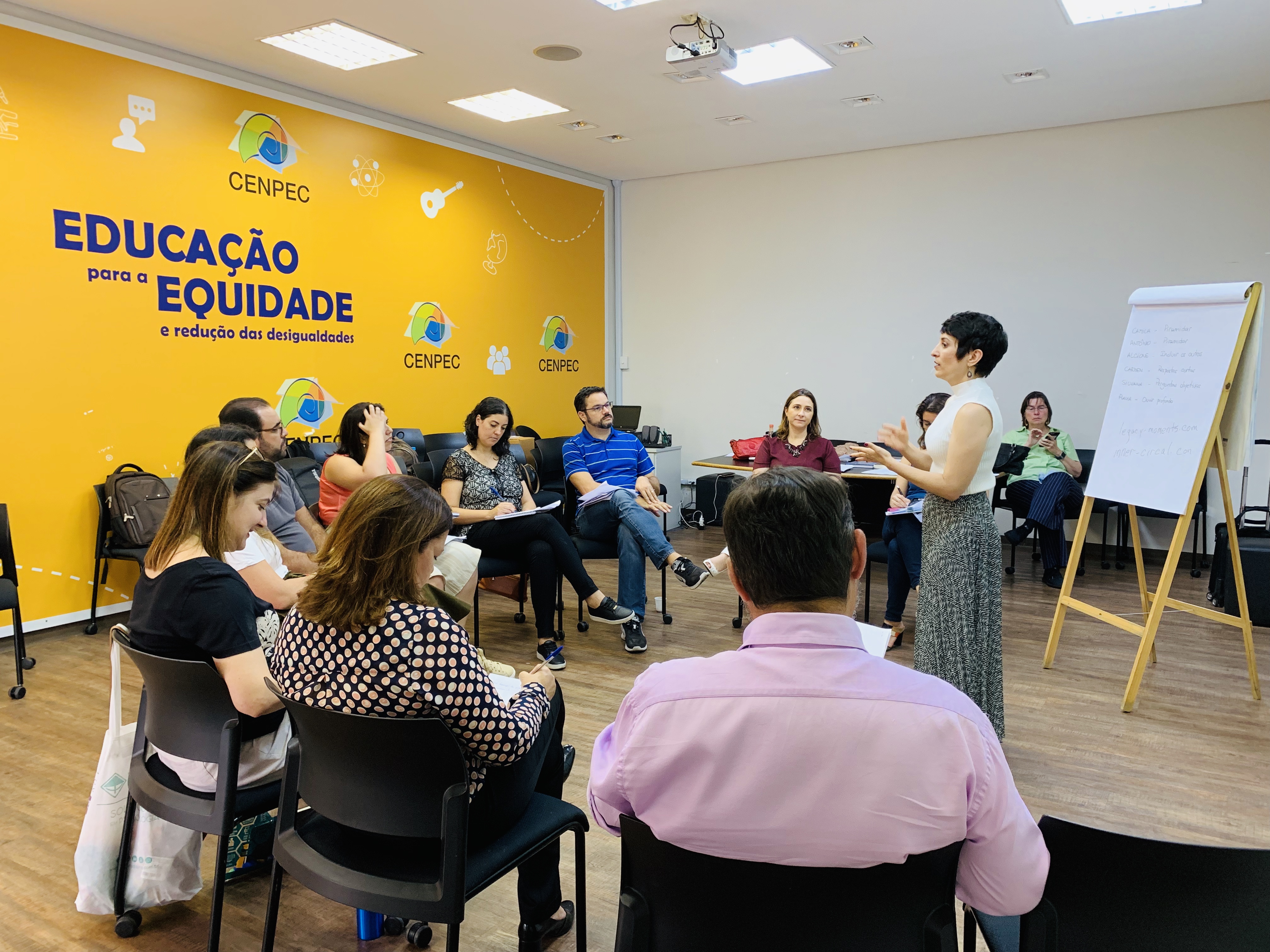
WIAL-Brazil Sets a New Bar in Pro-Bono Coaching
WIAL Brazil wanted to promote the action learning methodology while having a positive impact on society. So in 2015, they kicked off their pro-bono coaching efforts–starting out strong with 80 pro-bono hours from five dedicated coaches in the first year. After this strong start, they expanded their efforts to additional coaches and continued their work, with 30 hours completed by 8 coaches in 2017 and a further 46 hours by 8 coaches in 2018. Seeing the need, they created a pro-bono policy in 2018, documenting what pro-bono means to the organization. At least 70% of the hours involved a project must be delivered free to be considered in the WIAL policy. The policy also clearly outlines the responsibilities for coaches and the organization, to reduce confusion and ensure strong contracting. For example, coaches have the responsibility to write down the learnings they gain from doing the coaching.WIAL Brazil invite all the attendees in their CALC program to participate in these projects. It’s an opportunity for them to practice their new skills – while having a positive impact. “They use the work on the project to help complete their certification and write their report,” Lopes says. “Working with this type of NGO is amazing and they are grateful for the opportunity. And it’s good for us because we can help improve society. We have a great opportunity to show the community the value of action learning as a method to create a better world or change a life.”
Coaches are coordinating their own projects now – not just board members.
By 2019, WIAL Brazil were engaging 9 coaches in their work and by May had completed 30 hours of pro-bono coaching, with 40 more hours planned. They aren’t far off the 100 hours they hope to achieve by the end of the year.
“If coaches are volunteering to be coordinators it means they are very engaged in the project.”
“At WIAL-Brazil we have a strong culture of positive social impact,” said Magali Lopes from WIAL-Brazil. “We have more coaches working in the projects – and a growing number of people focused on doing good.”
– Magali Lopes
